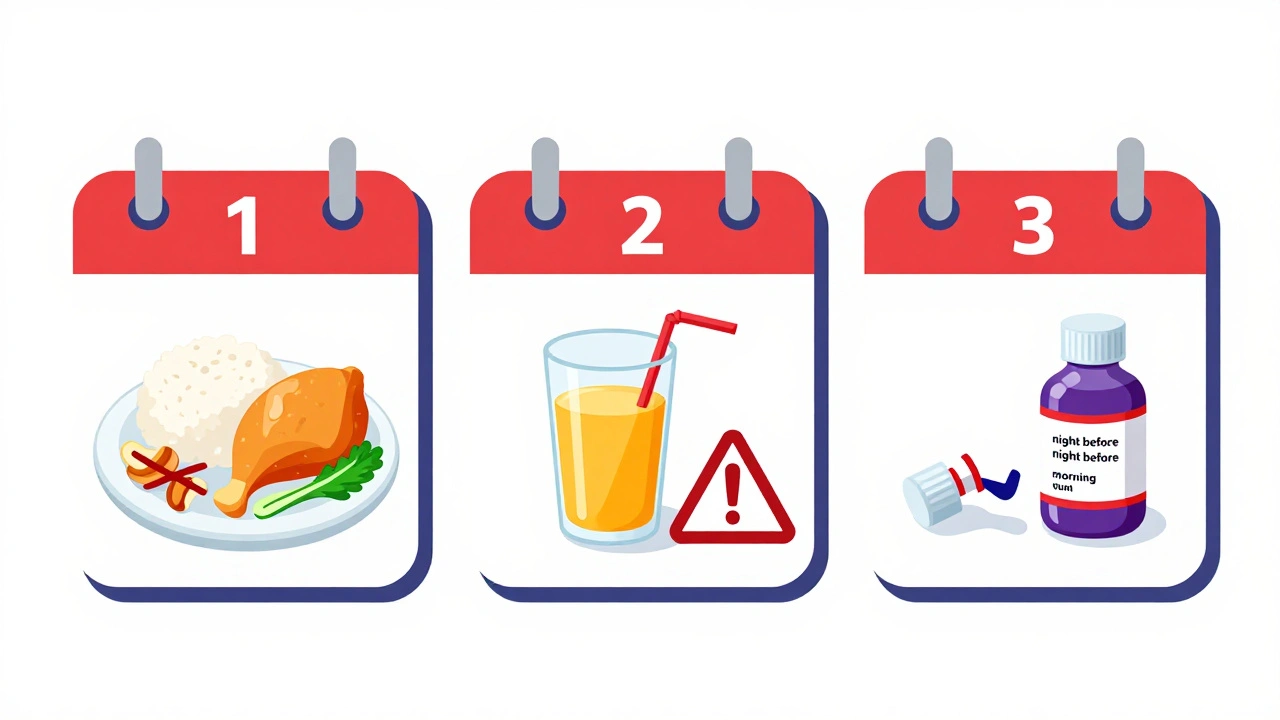Oncology: Immunotherapy for Blood Cancers and CLL
Immunotherapy is changing oncology — some people with blood cancers get long remissions after treatments that train the immune system to fight cancer. If you or someone you care about is facing leukemia, lymphoma, or myeloma, understanding immunotherapy options helps you ask better questions and make clearer decisions.
At its core, immunotherapy isn’t one thing. It’s a group of treatments that either boost your immune system or give it new tools. CAR T-cell therapy takes a patient’s T cells, edits them in a lab to recognize cancer, then returns them to attack the tumor. Immune checkpoint inhibitors remove the brakes that cancers use to hide from immune cells. Monoclonal antibodies target cancer cells directly or tag them so the immune system can clear them more easily. Each approach has strengths and clear situations where it works best.
What this means for CLL and other blood cancers
Chronic lymphocytic leukemia (CLL) and other blood cancers often respond differently to immunotherapy than solid tumors. CAR T has shown strong results in certain relapsed blood cancers, while checkpoint inhibitors work better in some lymphomas than in CLL. For CLL, newer strategies combine immunotherapy with targeted drugs like BTK inhibitors to get better and longer responses. If your disease has come back after standard treatment, immunotherapy trials are often an important option to consider.
Not everyone is eligible for every immunotherapy. Factors like prior treatments, overall health, and specific genetic markers in the cancer matter. That’s why a focused discussion with your hematologist-oncologist is critical. Ask about molecular testing, trial eligibility, and whether a personalized cell therapy might be appropriate.
What to expect and practical questions to ask
Side effects are real and different from chemo. CAR T can cause cytokine release syndrome (fever, low blood pressure) and neurotoxic effects that need close monitoring, especially right after infusion. Checkpoint inhibitors can trigger autoimmune problems in organs like the thyroid, lungs, or liver. Treatment logistics also matter: some immunotherapies require short hospital stays, others day-clinic visits. Ask how often you’ll be monitored, which symptoms need urgent care, and who to call after hours.
Want to find options? Start by asking your doctor about clinical trials and referrals to specialized centers that run CAR T programs. Bring a list of current meds and recent lab results to appointments. If insurance questions come up, social workers and patient navigators can help with preauthorization and funding resources.
Research moves fast in oncology. New combinations and off-the-shelf cell therapies are in trials right now. Keep asking questions, seek a second opinion when you need it, and look for clinical trials if standard paths are limited. Knowledge gives you power to choose care that fits your goals and life.
Follow these proven colonoscopy prep tips to ensure a clear exam and maximize cancer detection. Learn what to eat, drink, and avoid before your procedure to avoid missed polyps and canceled appointments.
View More
Explore why bone marrow disorders increase infection risk, learn common infections, early warning signs, prevention tactics, and treatment options for safer living.
View More
Learn how thyroid cancer can affect kidney health, the risks of treatment, and practical steps to protect your kidneys while undergoing therapy.
View More
On capecitabine and wiped out? Learn why the fatigue happens and the best ways to manage it-movement, sleep, pacing, nutrition, and when to call your team.
View More
As a blogger, I am excited to share with you a promising new approach to treating Chronic Lymphocytic Leukemia (CLL) - Immunotherapy. This innovative treatment works by harnessing the power of our immune system to target and eliminate cancer cells, offering hope for many CLL patients. Immunotherapy has been showing promising results in clinical trials, with some patients experiencing long-lasting remissions. It's important to remember that this is still a developing field, and more research is needed to optimize these therapies for all patients. Nonetheless, I am optimistic that immunotherapy has the potential to revolutionize the way we treat CLL in the near future.
View More
As a blogger, I've been researching the role of immunotherapy in blood cancer treatment and I'm excited to share my findings. Immunotherapy has emerged as a promising approach in treating blood cancers, including leukemia, lymphoma, and myeloma. It works by utilizing the body's immune system to attack and kill cancer cells, which is a more targeted and often less toxic method compared to traditional therapies like chemotherapy. Notable immunotherapy techniques include CAR T-cell therapy and immune checkpoint inhibitors, which have shown significant success in clinical trials. While still a developing field, immunotherapy holds great potential for improving the lives of blood cancer patients and revolutionizing cancer treatment.
View More






